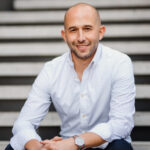I have always prided myself on being the kind of leader that works to help those on my team maintain a work-life balance. I want people on my team to spend quality time with their families in the evenings and not work on weekends. Even when there are those times when we have to work late or on weekends, I try to give some time back. For example, I’ll try to give them a day off during the week to make up for their lost Saturday. And if anyone on my team sends emails at night or on a weekend, I encourage them to stop doing that.
So you can imagine my surprise when I found out that I was actually doing damage to the morale of some of the best people on my team.
I’ve been advising a startup called Watercooler that uses machine learning to look for anomalies in company workflow to predict the risk of burnout, the risk of quitting, and gaps in training. On one of our calls, they were showing me some of their data and I was shocked by what it seemed to reveal.
Below you’ll see a graph provided by the team at Watercooler:

In studying this chart, you’ll find that the employees who are most disengaged from work rarely if ever do work in the evenings or on weekends. Employees who are at high risk for burnout do too much work in the evenings or on weekends. But the best, happiest, and most engaged employees actually like to do some work on the occasional evening or weekend. And the reason is simple: they care. They care a lot. And they really like doing the little extra to help themselves, their colleagues, and the company stay on top of things.
So when I told my best people to stop what they were doing, I was basically telling them to stop caring.
I learned that, even if well intentioned, I can’t enforce my idea of what work-life balance should look like. If my best people want to do some work in the evening or on a weekend, and it makes them feel good to do so, then instead of telling them to stop, I have to show appreciation for their extra effort. Making someone feel good for the extra work they do does more to boost morale and good will than trying to force people to stop doing any work during their spare time.










